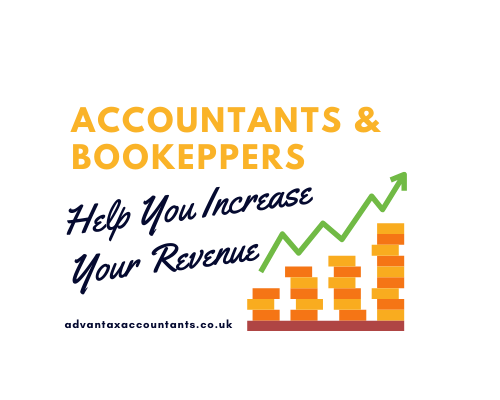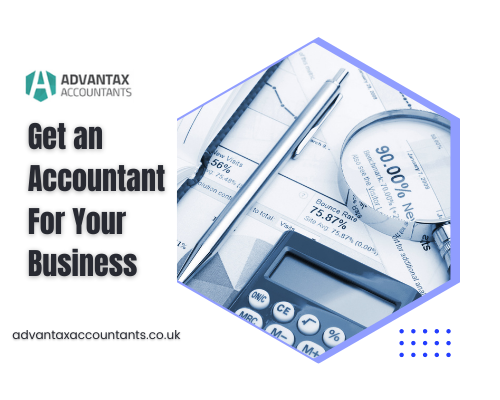When you have a small business, the money matters a lot. It has your debits, credits, sales, financial statements, payrolls, cash flows, and taxes. Working hours can really increase, especially with taxes.
Sometimes, when a business is just starting out, these responsibilities fall directly on the owner’s shoulders due to financial problems. But if there’s one place you can delegate a task to a dedicated professional, it’s probably accounting, but first, let’s discuss what an accountant can do for you.
What Does an Accountant Do?
When a business owner conducts accounting, it often means overseeing everything from sorting transactions and organizing receipts to preparing and reviewing financial statements. However, accountants tend to have a more limited scope of work.
The responsibilities of an accountant for a small business are often confused with those of a bookkeeper or CFO, which can lead to disparate expectations between the business owner and the accountant. To clarify who does what, here are the main differences between these three groups:
Bookkeeper: The primary responsibility of a bookkeeper is to ensure that every transaction (income and expense) is properly documented and classified. They usually don’t prepare financial reports or offer analytics. Instead, it’s their job to organize the books.
Accountant: An accountant for a small business takes these organized books and uses them to create financial reports. When a business owner is looking for a loan, accountants can provide a potential lender with all the financial information they might require. They also often process their clients’ tax returns.
CFO: The role of a CFO is primarily analytical. They have the skills to create financial reports themselves, but will primarily look at what those reports show and use that information to guide strategy.
Starting with these basic expectations can help business owners decide what is best for them when it comes to getting accounting assistance.
Billing Errors Can Cost You
When you try to manage all aspects of the business on your own, the details can be overlooked, especially as your business grows and your finances become more complex. Unless you own accounting business, the financial picture of your business is likely to push the boundaries of your experience pretty quickly.
Accounting errors, especially tax accounting errors, can be costly. You could probably argue that the taxes alone are worth the cost of handing over your finances. This cost can end up being less than the cost of the work itself; Remember, you are paying yourself for all the hours you spend recording, classifying, calculating, writing, researching the latest changes to tax legislation, etc. Even if an accountant’s hourly rate is higher than yours, the bookkeeper takes much less time to complete the job and does it with greater accuracy.
Why Would You Want to Partner with an Accountant All Year Round?
Most accountants are willing to communicate with their clients before the end of the year. But tax planning is not the only reason your tax accountants want to meet you before the end of the year. There are some compliance issues, eg. Low payroll taxes – which need to be fixed before filing final reports for the year.
How Accountants Can Help Small Businesses
Your business grows and we can’t wait! Accountants can help you in many ways, and quarterly meetings with your accountants can help you ensure:
You are heading in the right direction: Believe it or not, growth can have a negative impact on your business. Regular consultation with your accountant can prevent premature or weak progress.
You can see beyond your blindness: small business owners know their business better than anyone, sometimes it’s hard to see the forest for the trees. Accountants can help you get an overview of your business, which is important for further growth.
avoid the unpleasant surprises: As your income grows, so do the taxes you have to pay. If you notice a significant increase in your business, the estimated tax you have started may not be sufficient. By consulting with your tax accountant on a regular basis, you can avoid the unpleasant surprise of having to reduce taxes.
Benefits of Having an Accountant for Your Business
Hiring an accountant for a small business has many advantages. Here are some benefits of hiring an accountant for your business:
- Helps you avoid accounting errors
- This leaves you more free time for other tasks
- Increases the accuracy of your tax returns
- Make tax time easier for your business
- You will receive a contact person for advice and questions
- Guides you in the right direction when making important decisions
- Helps minimize business expenses
Of course, hiring an accountant can be very costly. But It is the least cost that you can easily lose while filing your wrong taxes. Accountants use accounting software that handles the numbers and streamlines accounting tasks for you. This allows Accountants to easily record your daily transactions and they can share detailed records with you.
Is It the Right Time to Hire an Accountant?
Finally, ask yourself if this is a good time to hire an accountant for your business. Is your business growing? Too busy with your business to manage your books? If you’ve answered yes to any of these questions, it might be time to hire an accountant. By asking yourself a few questions, you can determine if it’s time to say “yes” and start looking for accountants for your business.



